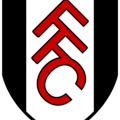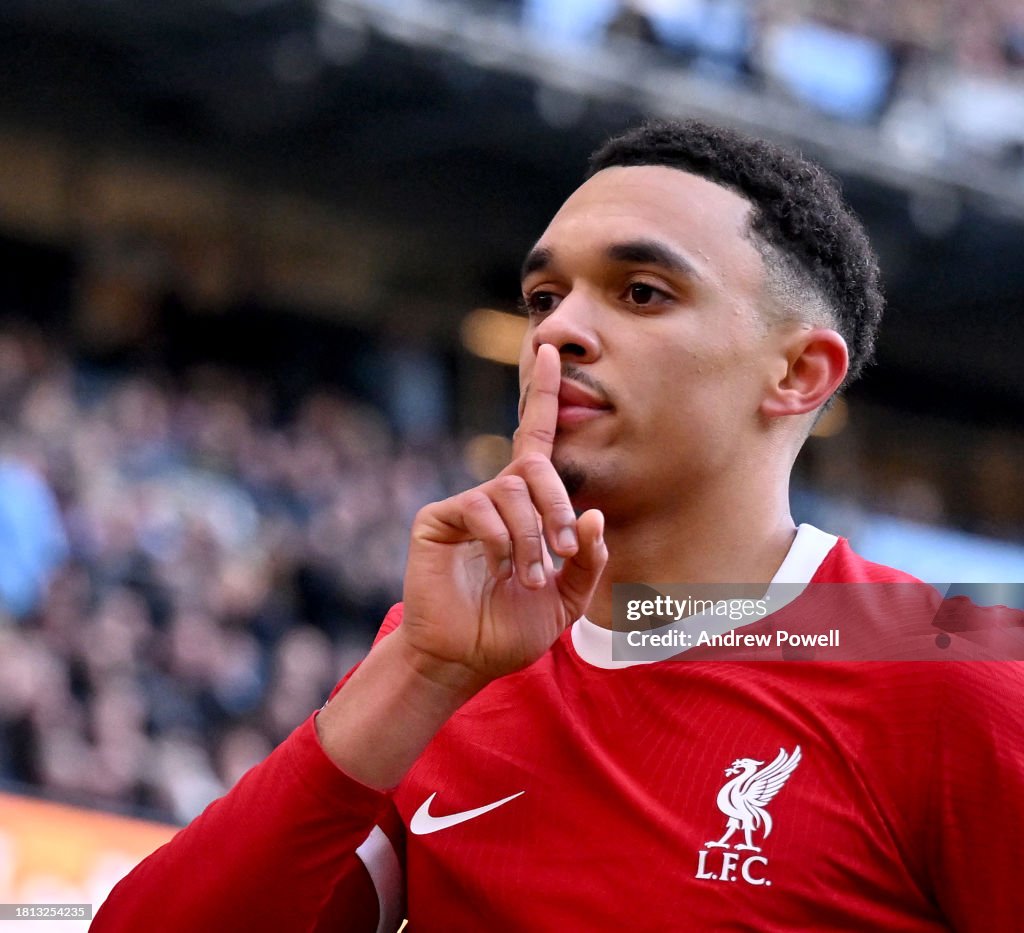Manchester City and Liverpool shared the spoils today after neither team could get the better of each other. The result means that title contenders Arsenal, who currently sit in third, can end the weekend at the summit of the table with a win against Brentford later today. The result also means that Tottenham Hotspur can leapfrog Liverpool in the table with a win against Aston Villa tomorrow.
Man City scored first through a clinical finish via the giant Erling Haaland, who became the quickest player in the League's history to reach 50 goals. The chance came as a result of a blunder from Alisson, whose attempted through ball into Mohamed Salah was intercepted by Nathan Ake, who then proceeded to deftly dribble through a crowd of Liverpool players which included Dominik Szoboszlai and Trent Alexander-Arnold before threading the decisive pass into his marksman.
It was Liverpool, however,whose chances were arguably more clinical, and the Reds could've set themselves up in a favourable position had Darwin Nunez been more ruthless. Nunez had his first sight of goal saved by Ederson who parried away his header, and his second chance squandered by himself as he couldn't sort out his feet in time to set himself up for the shot.
Phil Foden had a chance to reinforce City's dominance by putting them 2-0 up in the first half but had a wonderful low-driven shot saved expertly by Alisson. City had another opportunity to go 2-0 up in the second half through some brilliant dribbling courtesy of Jeremy Doku, but his pass into Julian Alvarez was sent over the crossbar by the World Cup winner. City thought they had finally earned their second goal via a Ruben Dias goal but VAR intervened to disallow it as they ruled that Alisson had been impeded.
Nunez had another opportunity in the second half to equalise but his near-post shot was saved by Ederson again, but Ederson had no chance of saving the Alexander-Arnold goal that put Liverpool back into the game in the 80th minute — from this point on the two heavyweights failed to break each other down further.
Here are four things we learned from the encounter.
Jeremy Doku caused Liverpool all types of problems
Liverpool for large parts of the game were actually quite compact, holding a 4-3-3 defensive block whenever they didn't have the ball which made it difficult at times for City to slice through them with precise passing as they do to most teams they face. Instead, a lot of the time City used the width of the pitch in order to draw Liverpool players out wide to create space for roamers in the half-spaces. This was partly why Doku was so dangerous.
Doku and Bernardo Silva combined effectively on the left flank through intricate and thoughtful passing, which allowed one of them to run into the box whenever the other had possession. This led to many cutbacks into the six-yard box between them in the first half, but Doku was the primary ball-handler on the left flank during the second half and relished the amount of final third responsibility he was given.
Doku attempted 15 dribbles all game and completed 11 of them, with the majority of them being at the expense of Alexander-Arnold. Doku constantly having the beating of his man allowed him to permeate the box with crosses constantly. A criticism of Doku's final ball could be made, as quite a few of his balls into the box were cleared decisively by the Liverpool defenders. However, Doku recorded four key passes in the game and arguably could've had two assists had Alvarez and Haaland not scuffed their chances.
Doku's direct playing style has been paramount to City's increasing entertainment factor, and today was another example of why the Belgian has quickly become one of the most dangerous players in the league.
City's overall performance was a mixed bag
There wasn't a single period in the game where City were completely dominant, and credit can be partly issued to Liverpool's disciplined off-ball shape - they pressed diligently and were able to win the ball back multiple times when City were in possession of the ball. However, City struggled at times to find a consistent end product to their buildup.
For large parts of the game City built up in a 3-2-5 shape with Manuel Akanji assuming John Stones' role of stepping into the pivot with Rodri. It was evident that Akanji was struggling to replicate Stones' comfort in progressing play in that role though, and he ended up losing the most possession of anyone in his back-line (13). Akanji's discomfort in that role made him a viable target for Liverpool's pressers, and contributed to their ability to counter-press efficiently.
As mentioned earlier City just weren't clinical in front of goal either. Doku and Haaland were trying to fashion goal-scoring opportunities but this was arguably cancelled out by Foden and Alvraez's lack of attacking threat and intent. Foden and Alvarez are players who consistently do their best work in the pockets, and while this was evident today at times, it limited their effect on the game and often made them easy to cut out. City were dangerous at times, but weren't anywhere near as dangerous as they could've been.
Nunez must become more ruthless if he wishes to become elite
For all of Liverpool's attacking work that they could conjure, Nunez was wasteful and squandered their chances of getting a strong foothold in the game from early on. The juxtaposition of Nunez's scuffed chance where he failed to sort his feet out and Haaland's goal minutes later is telling. In Nunez, that chance was representative of a player who is still raw in his end product, regardless of how many goals he has scored prior. It is moments like that in games of such a high magnitude that separate the good strikers from the elites.
For Haaland's goal he had already figured out how he was going to score before he even set himself up for the shot. He took a touch to guide the ball into his path, took another quick touch to stop the ball and then struck the ball with enough power to force it through Alisson's arms. In two similar moments, the elite striker was the one who scored.
Liverpool can find a modicum of comfort in the fact that Nunez is still young and can improve, but in a league that will only continue to get tougher as teams become more tactically formidable, Klopp will be hoping that Nunez can eventually develop into the 30-goal-a-season striker that could return them to winning titles again.
Alexander-Arnold's attacking qualities proved decisive yet again for his team
Alexander-Arnold proved to be the difference maker in attack for Liverpool as he usually is. He didn't invert into midfield as much as he usually does due to the compactness of City's block, however he provided just as much inspiration in his attacking play down his more traditional right flank.
Liverpool's most threatening attacks came from the right side of the pitch and that was due to Alexander-Arnold's combinations with Salah and Nunez. Alexander-Arnold's long passing to evade City's press was as good as ever, recording four accurate long balls in situations where he was put under severe pressure very quickly from City's front pressers.
One of the main qualities that has made Alexander-Arnold stand out amongst the very best players in the world for years is his game-breaking, the ability to disrupt the momentum of a game through moments of individual brilliance, and his goal was an apt example of this unique ability that only the very best players in the world possess. Liverpool had many chances to score today, but ultimately it was Alexander-Arnold's game-breaking that enabled Liverpool's push to a point.










































